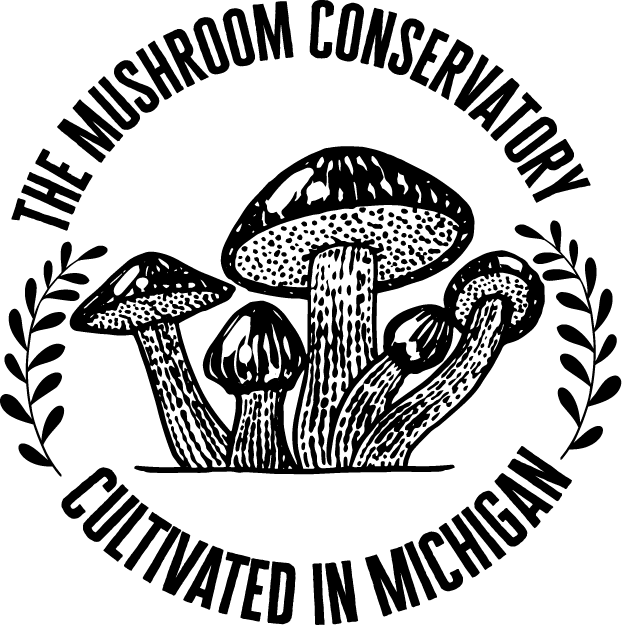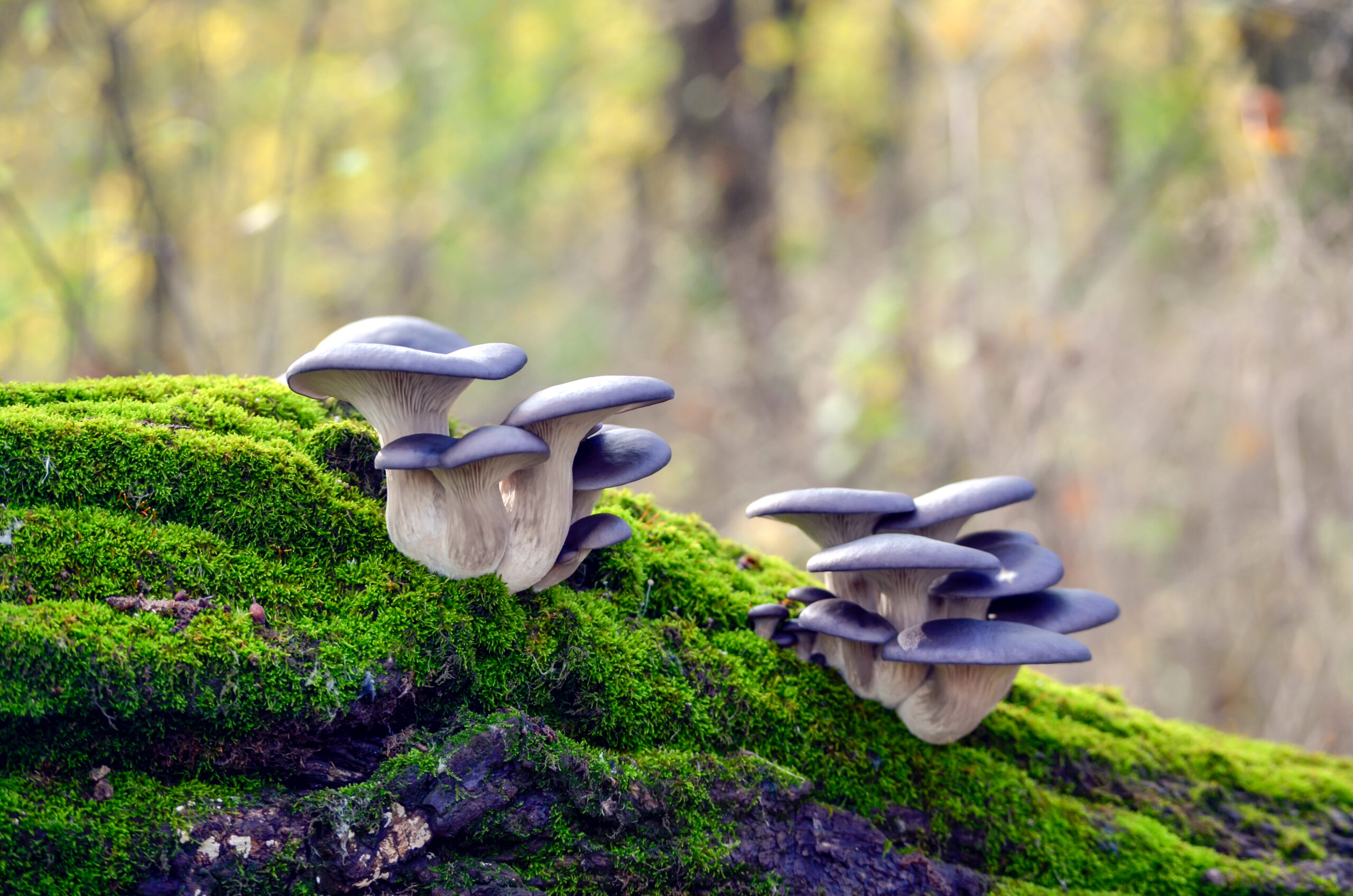Your cart is currently empty!
Fungi have long been overlooked as key players in environmental health, but recent exploration has highlighted their vast potential to address some of the most pressing challenges of our time. From cleaning polluted environments to producing valuable, sustainable products, the capabilities of fungi stretch far beyond what most people imagine. At The Mushroom Conservatory, we’re continually pushing the boundaries of what fungi can do—and here’s a glimpse into some of the remarkable opportunities we’re exploring.
The Power of Mycoremediation
One of the most promising avenues in our research is mycoremediation—using fungi to remediate or clean up environmental contaminants. Fungi possess unique metabolic abilities, breaking down complex substances to use as food, making them ideal partners in tackling pollutants.
- Water Filtration: We’ve been exploring the use of native fungi species to filter water. This technique has shown great promise on a small scale, and we’re excited about its potential to expand into larger water filtration systems that could drastically reduce pollution in our waterways.
- Sediment Remediation: Certain fungal species are adept at targeting and breaking down contaminants such as heavy metals found in river sediment. Instead of resorting to costly and environmentally destructive dredging and landfilling, these fungi offer a more natural and cost-effective solution to restore aquatic environments.
- Soil Remediation: Fungi can also play a pivotal role in treating contaminated land. This can be particularly beneficial for restoring brownfields or agricultural areas damaged by industrial pollutants, helping to rehabilitate soil health and improve the viability of food production in impacted regions.
Fungi Beyond Cleanup
Mycoremediation is just the beginning. Fungi also have exciting applications beyond environmental remediation, including:
- Sustainable Mycelium-Based Products: The ability of fungi to create eco-friendly versions of many of the things we use daily is a powerful tool for sustainability. From mushroom-infused foods and beverages to wellness products, biodegradable building materials, and even textiles, fungi are driving the next wave of eco-friendly innovation.
- Food Security: In regions affected by poverty or disaster, fungi can provide a sustainable source of nutritious, protein-rich food. The cultivation of mushrooms using easily available resources, such as banana leaves and rainwater, offers a simple, scalable solution to bolster food security and resilience.
- Education and Research: Unlocking the full potential of fungi requires a new generation of skilled biologists and mycologists. We believe in the power of education and hands-on research to foster a deeper understanding of fungi, from remediation techniques to the development of novel products that promote sustainability.
Meeting the Challenges
While the opportunities are substantial, fungi-based solutions require thoughtful, responsible implementation. Challenges include ensuring that in any environmental remediation work of this nature, we protect native ecosystems by using local fungal species, preventing strain senescence by varying fungal diets, and maintaining scientific rigor throughout our research in order to credibly demonstrate the massive positive impact that fungi can have on the planet’s ecosystem.
The Path Forward: Collaboration and Transparency
Our mission is grounded in collaboration and open sharing of knowledge. We believe that to realize fungi’s full potential in both environmental restoration and product development, we must work together and make our findings accessible. Whether it’s connecting with universities, community groups, or other environmental organizations, we’re committed to a transparent approach that maximizes impact.
Fungi are only beginning to reveal their secrets. The road ahead is filled with opportunities to harness these remarkable organisms in ways that restore our environment, create sustainable goods, and ultimately benefit our communities. Together, we can unlock the potential of fungi to help build a healthier, more resilient planet.


Leave a Reply